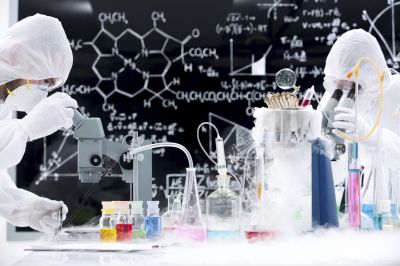Addressing the medical challenges of our time

Addressing the medical challenges of our time
We can now successfully treat heart attacks and high blood pressure and, using the correct course of drugs, many people with schizophrenia are able to live stable, independent lives. Patients with HIV have also experienced a dramatic change of life through drug treatment breakthroughs. And, while the fight against cancer continues, we should not forget the progress that has been made. For example, leukaemia was once a fatal disease and but now many patients recover from it with the help of anticancer drugs. Meanwhile, biological drugs are helping to treat illnesses as cystic fibrosis and asthma.
These life-saving and life-enhancing drugs are available to patients
thanks to the work of our researchers. Biomedical research alone now
generates about half of all of Europe’s scientific publications and
these represent the largest world share, ahead of the US. New research
in Europe is enabling progress in particular in the areas of
personalised medicines, orphan drugs and biologics.
However gratifying the end results are, the research and development
(R&D) process for drugs can be a long and expensive road. It can
take up to 13 years to take a medicine from its origins as a molecule to
a treatment with tangible benefits for patients. And, according to the
European Federation of Pharmaceutical Industries and Associations, in
2012, the cost of researching and developing a new chemical or
biological entity was estimated at a staggering EUR 1 172 billion.
There’s no doubt that answering the medical challenges of our time
certainly involves dedication and investment. That’s why, during the
first two years of Horizon 2020, the EU will invest some EUR 1.2 billion
in research related to health, demographic change and wellbeing. It
aims to keep older people active and independent for longer and supports
the development of new, safer and more effective interventions.
published: 2015-01-23